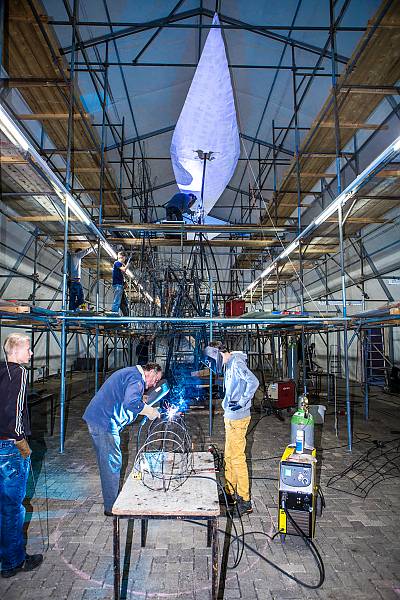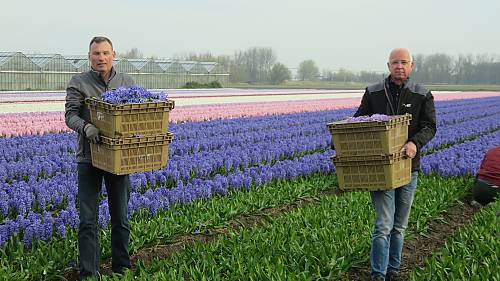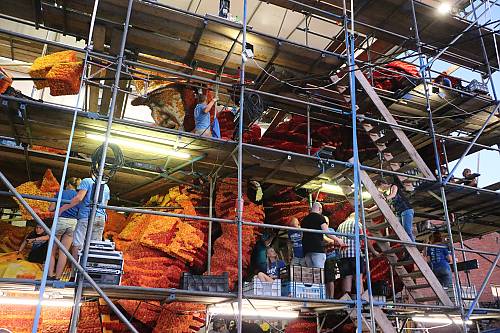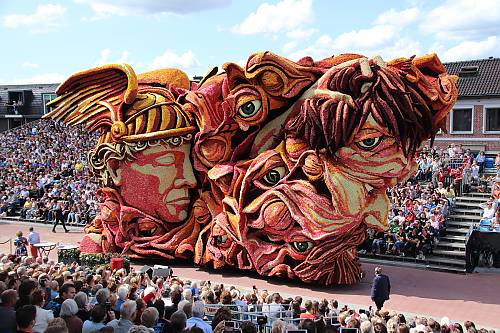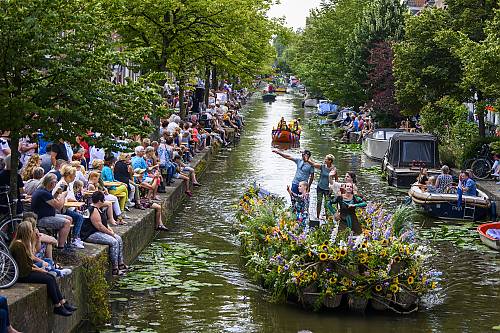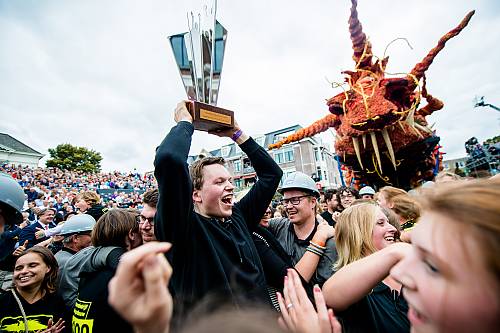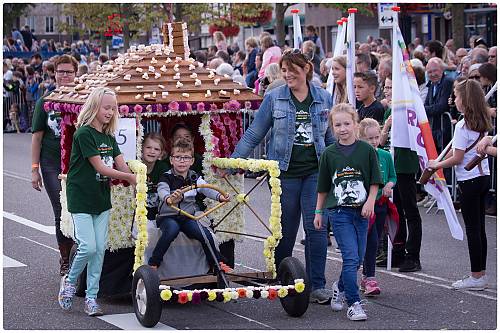Corso culture, flower and fruit parades in the Netherlands
Inscribed in 2021 (16.COM) on the Representative List of the Intangible Cultural Heritage of Humanity

Dating back to the late nineteenth century, a corso is an annual parade of floats or boats decorated with flowers, fruit, vegetables and, in some cases, people in costumes. Originating in the south of France and Italy, the practice spread to the Netherlands in the nineteenth century. The parade takes place in streets or on rivers, and is often accompanied by bands and theatre performances, some of which occur at night with illuminated floats. Groups of friends or entire neighbourhoods often spend months preparing elaborate floats, adding the fresh products (flowers, fruit and vegetables) in the final days before the event. The floats, which can be up to 20 metres long and 10 metres high, are propelled by motor or pushed manually. The corso is a competition. Neighbourhoods complete in creating the best float, and the float judged best by the jury wins a prize. But corso culture is about much more than the parade and competition. Having a drink or meal together after working on the floats and organizing regular parties is an important part of the corso, creating a sense of social cohesion and solidarity that is often people’s main motivation for participating in the event. Corso culture is passed on through apprenticeships, school programmes and participation in the annual parade.


